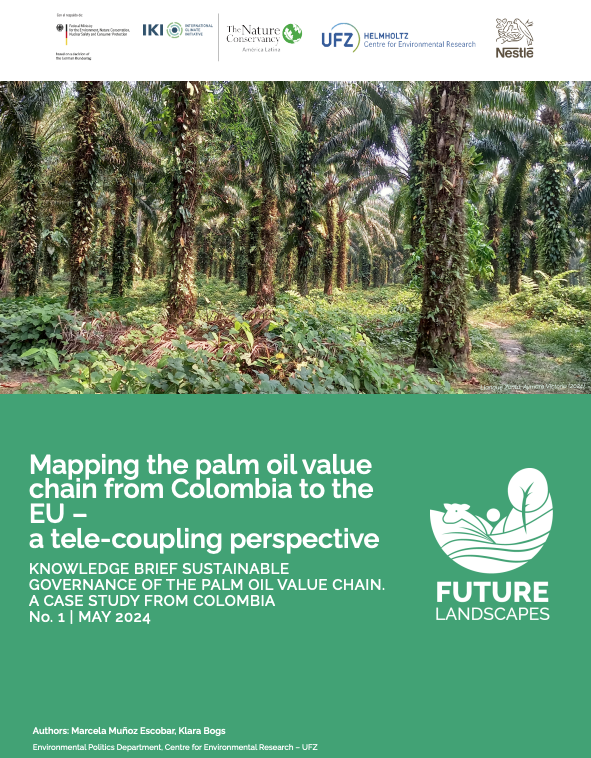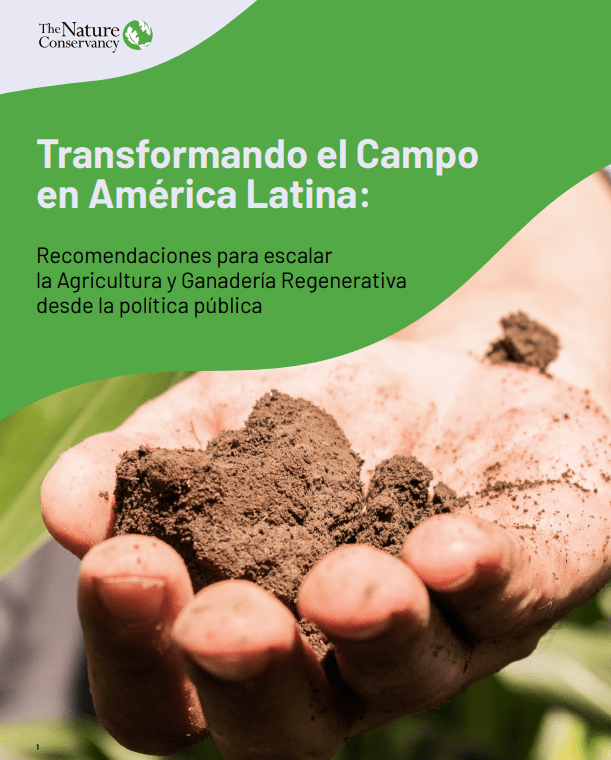
Mapping the palm oil value chain from Colombia to the EU –a tele-coupling perspective
The growing global demand for palm oil is driving an expansion of agricultural production in Latin America (LA), with links to deforestation and ecosystem degradation. Colombia is currently the largest producer of palm oil in LA. Plantations have particularly expanded in the Orinoquian region, home to strategic savanna ecosystems and several indigenous communities. This connection between production and consuming systems though their geographically distance, is known as telecoupling (Friies and Nielson 2019). “Telecoupling is concerned with how human-induced processes in one part of the globe impact in specific ways on a distant part (or parts) of the world.” Newig et al. 2020:20. The framework of telecoupling has shown to be helpful in understanding the dynamics of “flows, interactions and feedbacks” among the sending and receiving systems involved in telecoupled relations (COUPLED, 2022). Additional to understanding the complex relations among the components of telecoupled supply chains, understanding their governance structures can be decisive for the identification of interventions opportunities that inform policy and decision makers to aim for more sustainable pathways.


